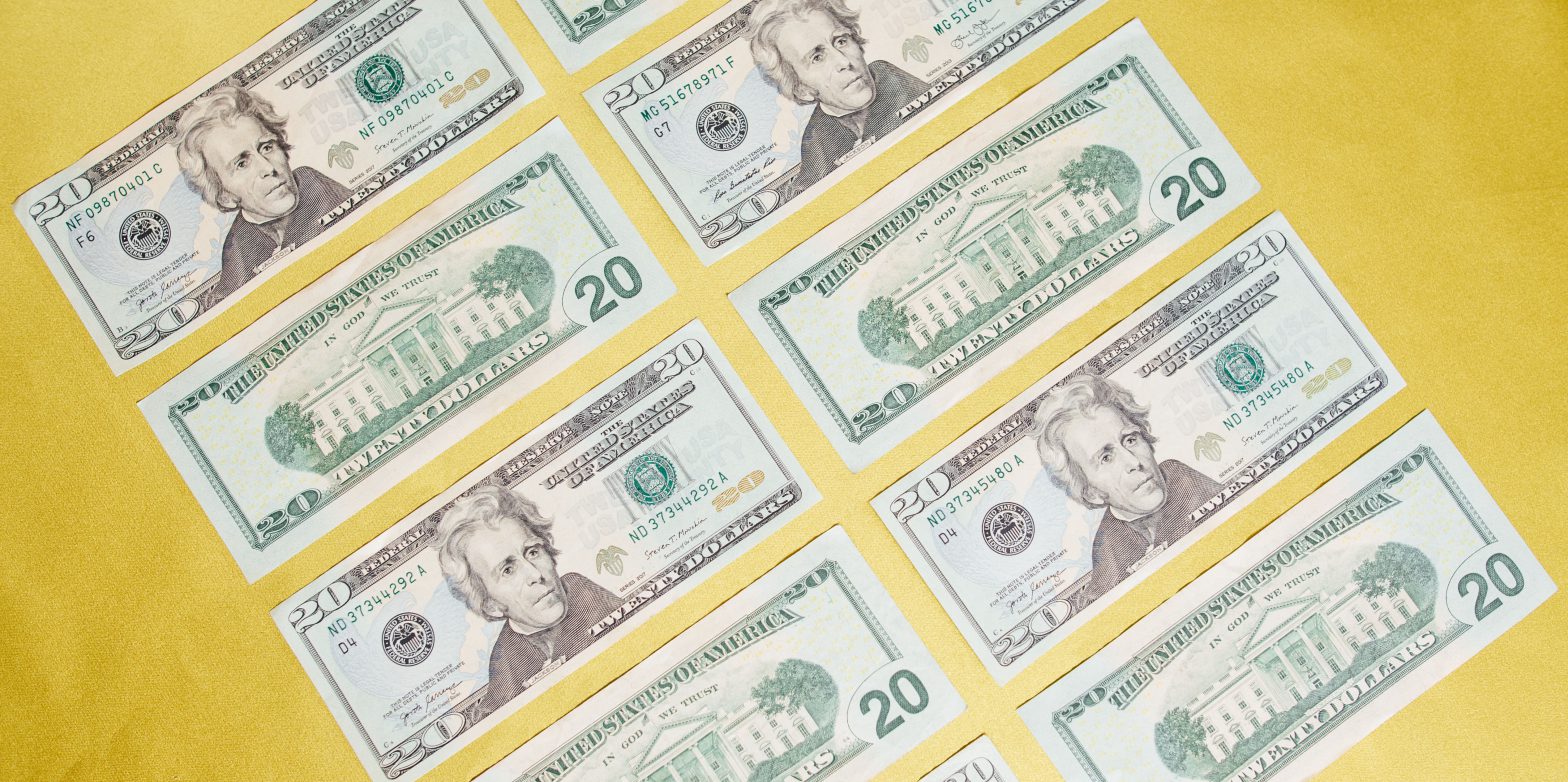If you’re wondering whether the average salary of a tattoo artist is by the piece, by the hour, or say, an annually salary, know that the answer is never that simple. “Typically, it’s commission based; that will vary depending on where you’re working,” says Nicole Eveland, owner of Idlewild Tattoo in North Carolina. So, in some studios, tattoo artists might work their way up from a client- or service-based set-up to an hourly or annual salary, but it can really differ based on where an artist is working.
Annual salaries aren’t common
“To be clear, most tattoo artists aren’t salaried,” explains Charles Taylor, tattoo artist at Sentient Tattoo Collective in Tempe, AZ. “They are usually independent contractors, self-employed, or another type of employee classification…Most are either hourly, or charge by the piece.” Tattoo artists’ rates can vary widely, but can be around $150 per hour in smaller towns to $200 and up per hour in larger cities. As for the pricing, some studios have minimum prices, regardless of a tattoo’s size, typically in the $50 to $100 range, while a high-profile artist like Bang Bang McCurdy, who’s inked celebrities like Selena Gomez, Kylie Jenner, Justin Bieber, and Miley Cyrus, has a $500 price minimum.
Eveland and Taylor declined to share specific annual income figures, but multiple online salary and career sites place the profession in the $50k annual salary range on average. The current average salary for tattoo artists is $50,026, according to Simply Hired, based on a reported salary range of $30,116 for the bottom 10%, $38,300 for the bottom 25%, $65,342 for the top 25%, and $83,098 for the top 10%, while Indeed estimates a slightly higher average salary for the profession, at $50,653.
Degrees aren’t likely to boost your earnings
And while a certain undergrad or master’s degree might mean higher salaries in some industries (business and management-specific fields and roles, for example) there aren’t really specific types or levels of education that could potentially boost a tattoo artist’s salary, explains Eveland—though more intel can never hurt. “I’ve never known of any higher education or any kind of certification to increase anyone’s income in tattooing,” she says. “However, learning all you can about the craft and art in general will definitely increase your skill set, which will inevitably lead to an increase in your rates.” Taylor agrees, suggesting that taking art classes can only help a tattoo pro’s skills and, thus, can eventually—if not directly—lead to an increase in rates, and thus income. “The more you educate yourself with art and experience, the better you become at your craft, the more you can charge,” he says.
Having high-profile clientele can, though
Having clients who are celebrities, influencers, or simply well-known for some reason or another can definitely help boost a tattoo artist’s reputation, rates—and, thus, income—”the same way [famous clientele] boost any product or service,” Eveland says. “They bring your service to the attention of a lot of people; I imagine you could charge more if you had so many people wanting your services.”
Earnings will differ based upon how you’re working as a tattoo artist
Salaries can differ when working independently, versus at a tattoo studio, either full-time or as a guest artist. “Working independently can lead to keeping more of your money in your pocket, but you do have a lot more out of pocket expenses,” Eveland says. “The same with guesting—you typically keep a higher cut, but you do have to spend on travel, hotels, food, etc.”
Being based at a particular studio and working in a freelance capacity aren’t mutually exclusive, Taylor notes. “You can be independent and still work at a tattoo studio—some studios charge rent, or take a percentage of what the artists make,” he say. “Working at a reputable shop will help drive more clients, but if you’re a great artist and good at marketing then you can have your own private space and still do well.”
Ultimately, it’s a personal choice that boils down to your own work style and, to a degree, how much hustle you’re down to do. “What works for some, doesn’t work for everyone,” Eveland says. “Some people thrive working only for themselves, while others would never be successful that way.”
As for the most lucrative a tattoo artist’s career can be, at the most experienced, successful level, Eveland says it’s difficult to accurately estimate. (Though, rest assured that those on speed-dial for celebs, like Bang Bang McCurdy, clearly make bank, considering that aforementioned $500 minimum per tattoo.) For those that hustle hard and tackle as much work as possible, “the sky is the limit” in terms of income, says Taylor. “If you want to work every day and are constantly improving your work, you’ll make a good living,” he explains. And Taylor’s colleague at Sentient Tattoo, tattoo artist Tyson Weed, has a more tough-love outlook on gauging success in the field: “If you’re not making enough money as a tattoo artist, then you shouldn’t be tattooing.”
Interested in becoming an artist, but wanna get the ball rolling sooner than the years training in an apprenticeship would allow? Considering joining the Inkbox Artist Community here—we’re is always looking for talented artists in any medium to start selling their designs as Inkbox Tattoos. Just a heads up, Inside Out is powered by the folks at Inkbox. It’s all part of our shared mission to empower you to tell your unique story, be it for now or forever.
Related: Here’s Everything You Need to Become a Tattoo Artist

